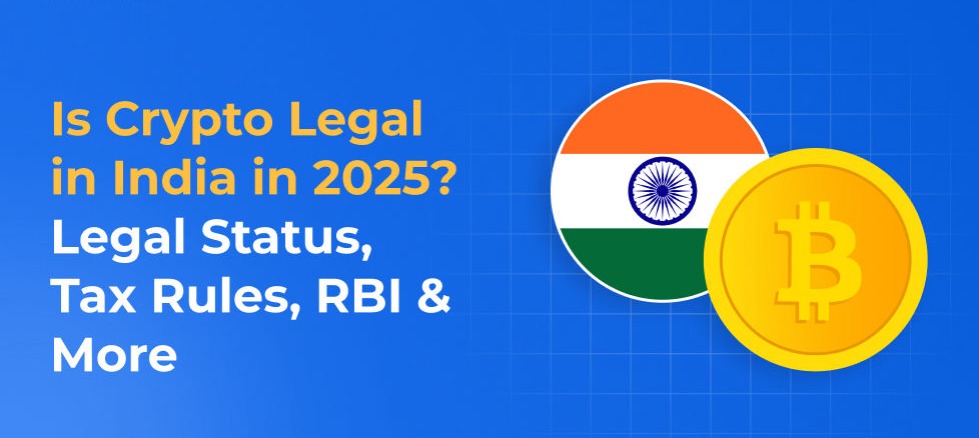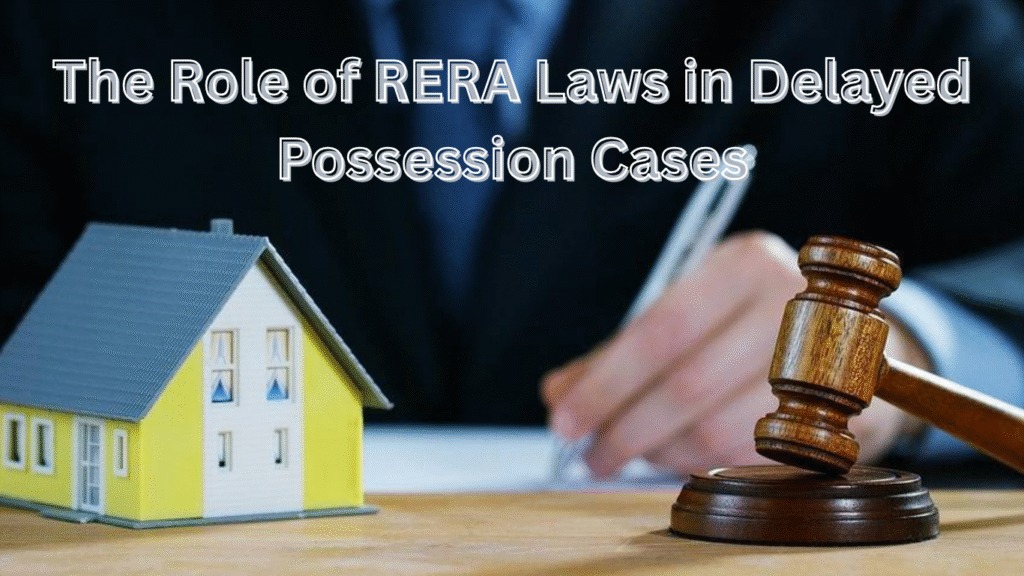@JUDGMENTTAG-ORDER
Kalyan Jyoti Sengupta, J.@mdashBy this writ petition originally the letter of demand dated 2nd August, 2000 asking the petitioner to make payment of the duty saved amount along with 24% interest and to surrender special Import Licence to the extent of five times the value of the licence in Annexure ''S'' and also the letter dated 2nd August, 2000 addressed to ANZ Grindlays Bank Limited (now Standard Chartered Grindlays Bank Limited) asking to make payment a sum of Rs. 56,05,000/- being the secured amount by the bank guarantee for alleged non-fulfilment of export obligation were challenged. During pendency of the writ petition because of subsequent event the petitioner got the petition amended whereby the petitioner challenged the letter dated 5th September, 2000 intimating cancellation of LOP. In spite of direction being given on several times no affidavit-in-opposition has been filed. However, opportunity was given to produce the records. The fact of the case is recorded in short as follows :
2. The petitioner company undertook a project with approval of Reserve Bank of India for manufacturing of Colour Computer Monitor Terminals in collaboration with a foreign firm i.e., M/s. Winny Electron Enterprise Co. Ltd. of Taiwan. Pursuant to the said approval and consequent to the application of the petitioner Director General of Foreign Trade (hereinafter referred to as the DGFT), EPOG-III Section, New Delhi granted a licence being No. P/CG/213777, dated 25th February, 1994 for GIF value of Rs. 1,57,59,2257-! issued under para 38 of Exim Policy 1992-97 @ 15% concessional rate of Customs Duty.
3. In terms of grant of licence an agreement was entered into by the petitioner and the DGFT, Ministry of Commerce, New Delhi on 19th August, 1994. In terms of the agreement the petitioner furnished a Bank Guarantee for Rs. 56,05,000/- being 50% value of duty saving of import of capital goods. The said Bank Guarantee was furnished in favour of the President of India through the DGFT as a security against any loss or damage caused to or suffered by the Government by reason of any failure or condition contained in the said licence including the export obligation mentioned therein. For the reasons beyond the control the petitioner could not discharge export obligation in terms of the aforesaid licence. So, on 5th March, 1997 the petitioner applied to Controller of Import and Export, New Delhi requesting for an amendment of the period for discharging export obligation. On 24th November, 1999 an order of demand being No. F. No. S 60 (MISC) 95A-19/99A X EPOG was issued from the office of the Assistant Commissioner of Customs, Group-5A for a sum of Rs. 1,12,09,6597- i.e., the duty saved amount along with 24% interest thereon. Both paragraph 9.28 of the Exim Policy 1997-2002 and the Handbook of Procedures at para 9.3 contemplate conversion for existing D.T.A units to 100% E.O.U. By the aforesaid policies it was provided that existing D.T.A. units might also apply for conversion into an E.O.U. The existing D.T.A. units having an export commitment under EPOG Scheme may apply for conversion into E.O.U. unit. For such conversion the export commitment under EPOG Scheme will be subsumed in its export as an E.O.U.
4. On application being made for conversion as above the Development Commissioner granted permission for conversion of the petitioner''s D.T.A. unit to 100% E.O.U. The letter of permission stipulates 3 years for the validity thereof but at the same time 5 years time has been given for achieving export turnover of US $ 2294000. Therefore, on reasonable interpretation it will appear that the validity of the aforesaid licence will be extended up to 5 years otherwise performance period would not have been envisaged for 5 years. Obviously LOP cannot be cancelled before the expiry of 3 years from the date of issue dated 12th January, 2000. However, the aforesaid LOP was cancelled by the impugned letter and against which an appeal was preferred before the Commissioner of Customs (Appeals). As far as the demand of payment and invocation of Bank Guarantee are concerned the same cannot be done in view of export obligation in terms of E.P.C.G. Scheme having been subsumed in the export obligation of the unit under the guideline of Appendix 16E of Handbook of Procedure 1997-2002.
5. Mr. Jayanta Mitra, learned Senior Counsel, appearing with Mr. Pranab Dutta, learned Advocate contends that the invocation of Bank Guarantee was not in accordance with the terms thereof so it was bad. Firstly, the Bank Guarantee was furnished in favour of the President of India through the DGFT. The only person being the DGFT can invoke the Bank Guarantee. However, in this case it will appear from the letter of invocation that an official other than DGFT has purported to invoke. Moreover, in terms of the Bank Guarantee it can be invoked when any loss or damage has been caused to or suffered by the Government. In the impugned letter of invocation there is no such eventuality. In support of this contention he has relied on a decision of the Supreme Court reported in
6. Mr. Mitra contends that impugned order dated 5th September, 2000 whereby LOP was cancelled and was passed in gross violation of the principles of natural justice as it was done without serving any notice or giving any opportunity to the petitioner. Moreover this order of cancellation is also vindictive and arbitrary action as it was passed at certain point of time when the entire subject-matter was sub judice before the court. In all fairness the aforesaid order of cancellation should not have been passed without expressed permission of this court. Moreover, the cancellation was not warranted in terms of the grant of permission as the same would remain valid for 3 years from the date of issue and this validity period has not expired. So cancellation is also premature. Moreover, invocation of the Bank Guarantee on factual aspect has become wholly illegal and invalid as the demand for payment has been set aside by the Commissioner of Customs (Appeals) allowing appeal in favour of the petitioner. When the very basis has become non-existent the invocation should not be allowed.
7. Mr. Sarkar, learned Senior Counsel, appearing for Union of India contends that though in terms of the previous licence the petitioner has not fulfilled discharge obligation so there was no illegality in invocation of the Bank Guarantee and this has been observed by the Commissioner of Customs (Appeals) by his order dated 14th March, 2001. The LOP has been cancelled duly and lawfully in exercise of discretionary power. Therefore, the Court should not interfere with this.
8. Having heard the learned counsels it appears to me that in view of the decision of Commissioner of Customs (Appeals) the dispute as regards invocation of Bank Guarantee has in all practical purpose, come to an end. Therefore, when the demand has been set aside question of invocation at the present moment does not arise. Moreover, I find the letter of invocation is not in accordance with the terms of the Bank Guarantee nor the appropriate person has tried to invoke Bank Guarantee. It is settled law the Bank Guarantee is a separate agreement providing mutual rights and obligation between the beneficiary and the banker. Therefore, the bank is not supposed to perform unless the conditions stipulated therein are fulfilled. The conditions, in my view, in this case are the actual beneficiary is to invoke, and the suffering of loss and damages due to any breach of the petitioner. I have examined the impugned document of invocation addressed to bank and I do not find that the aforesaid conditions have been fulfilled or the very basis has been stated therein. I also find the invocation has not been made by the DGFT who is the only person to invoke. So, I hold that this invocation is wholly illegal and invalid. Mr. Mitra has appropriately drawn my attention to the aforesaid Supreme Court''s decisions and I find in its paragraphs 8 and
9. As far as the impugned order dated 5th September, 2000 cancelling LOP is concerned it has been stated in the petition that no notice was given nor any opportunity was given to the petitioner. This allegation remains uncontroverted. So, I hold the aforesaid impugned order the effect of which has got civil consequences, is liable to be set aside as it was passed in violation of principle of natural justice. Law is well settled that an order having civil consequence, passed in violation of principle of natural justice cannot stand. Moreover I find on merit that the licence cannot be cancelled at least before expiry of 3 years. So, the decision of cancellation is pre-mature. Therefore, any pre-mature step on part of the respondent is one of the factors to hold that such action is not bona fide rather arbitrary. Therefore, this impugned order dated 5th September, 2000 cannot stand to the scrutiny on the anvil of Article 14 of the Constitution of India which is the fountain-head of the principle of natural justice and all rights as recognized under the law for equal treatment. So, this order is set aside. However, the petitioner shall keep the Bank Guarantee renewed till LOP remains subsisting and valid.
10. There will be no order as to costs.
11. Signed copy of the minutes of the operative portion of this Judgment shall be made available to the parties concerned.

